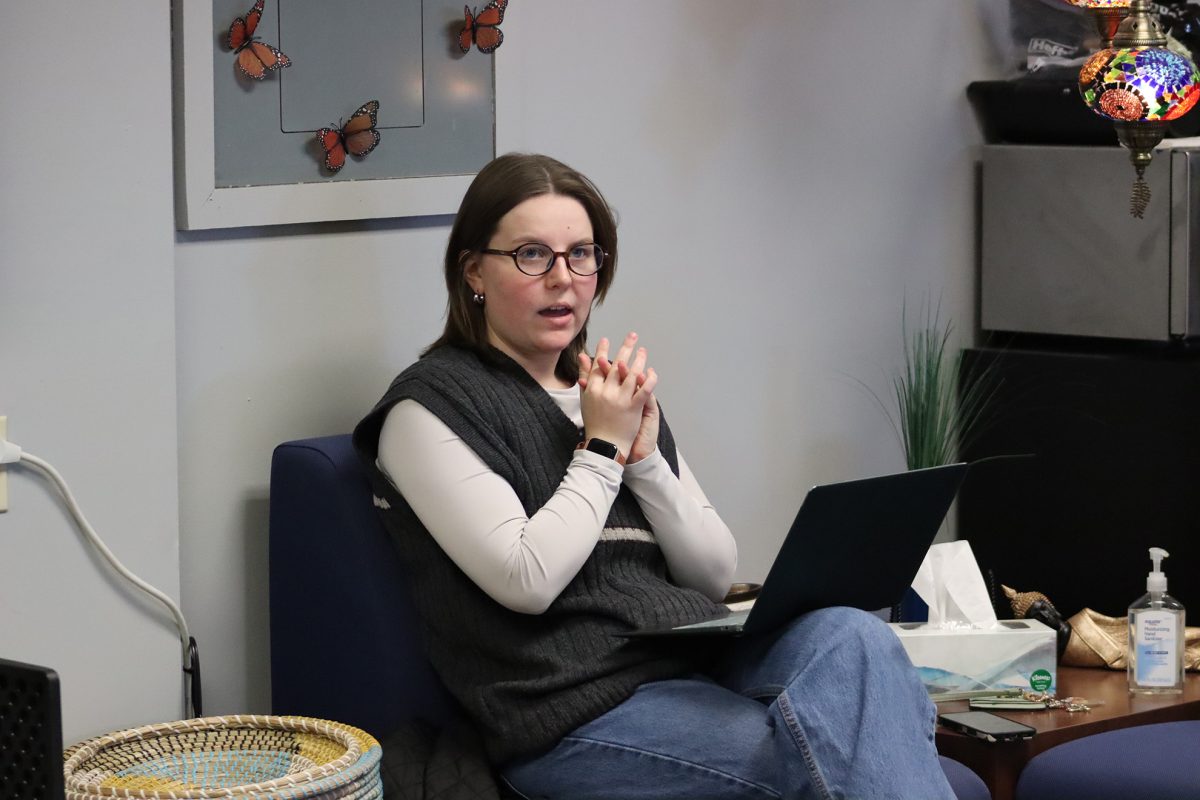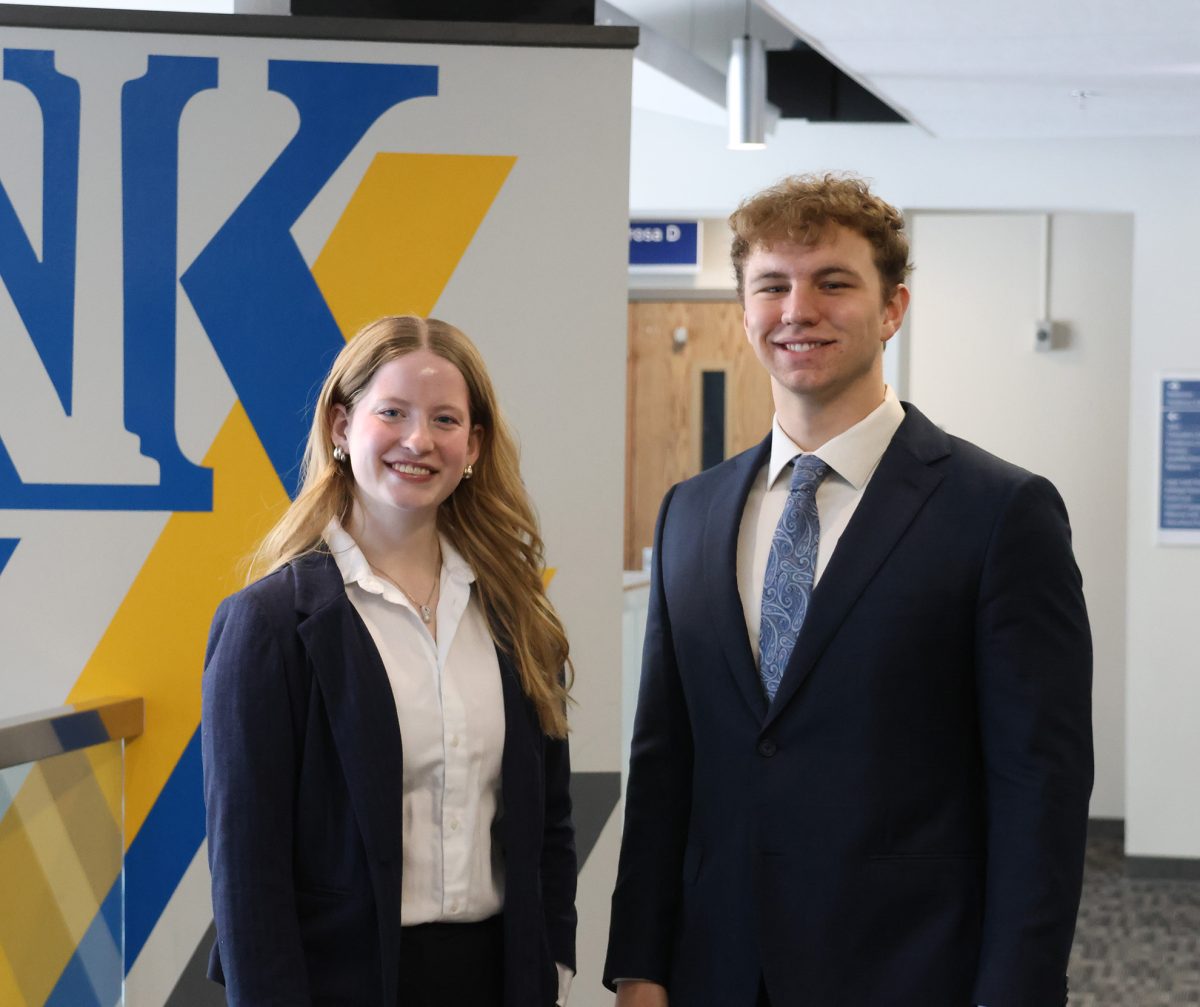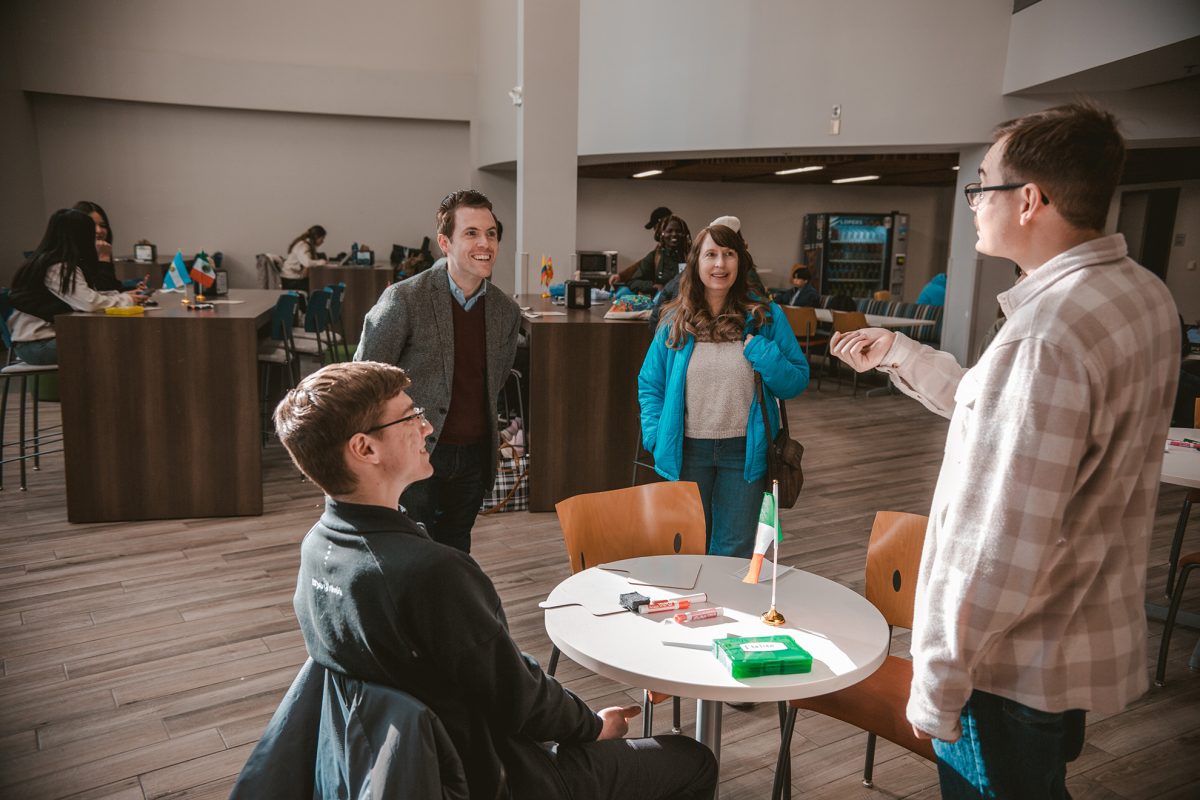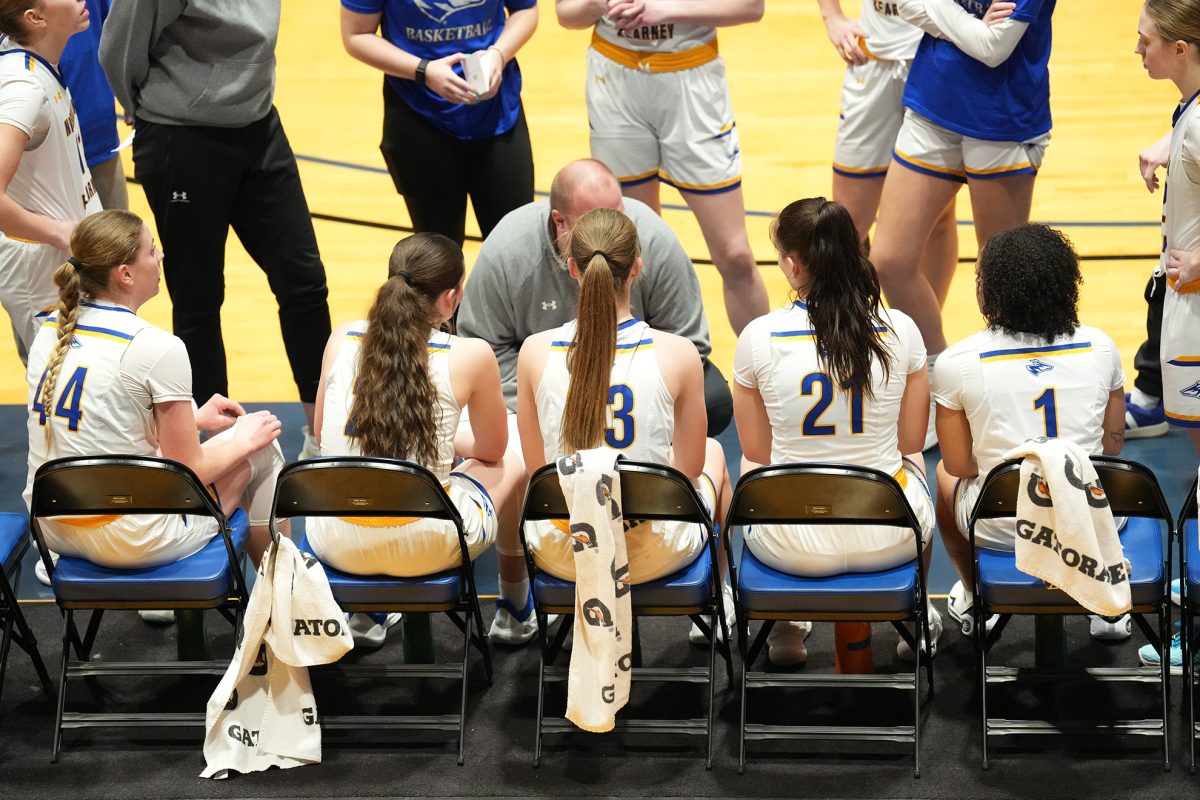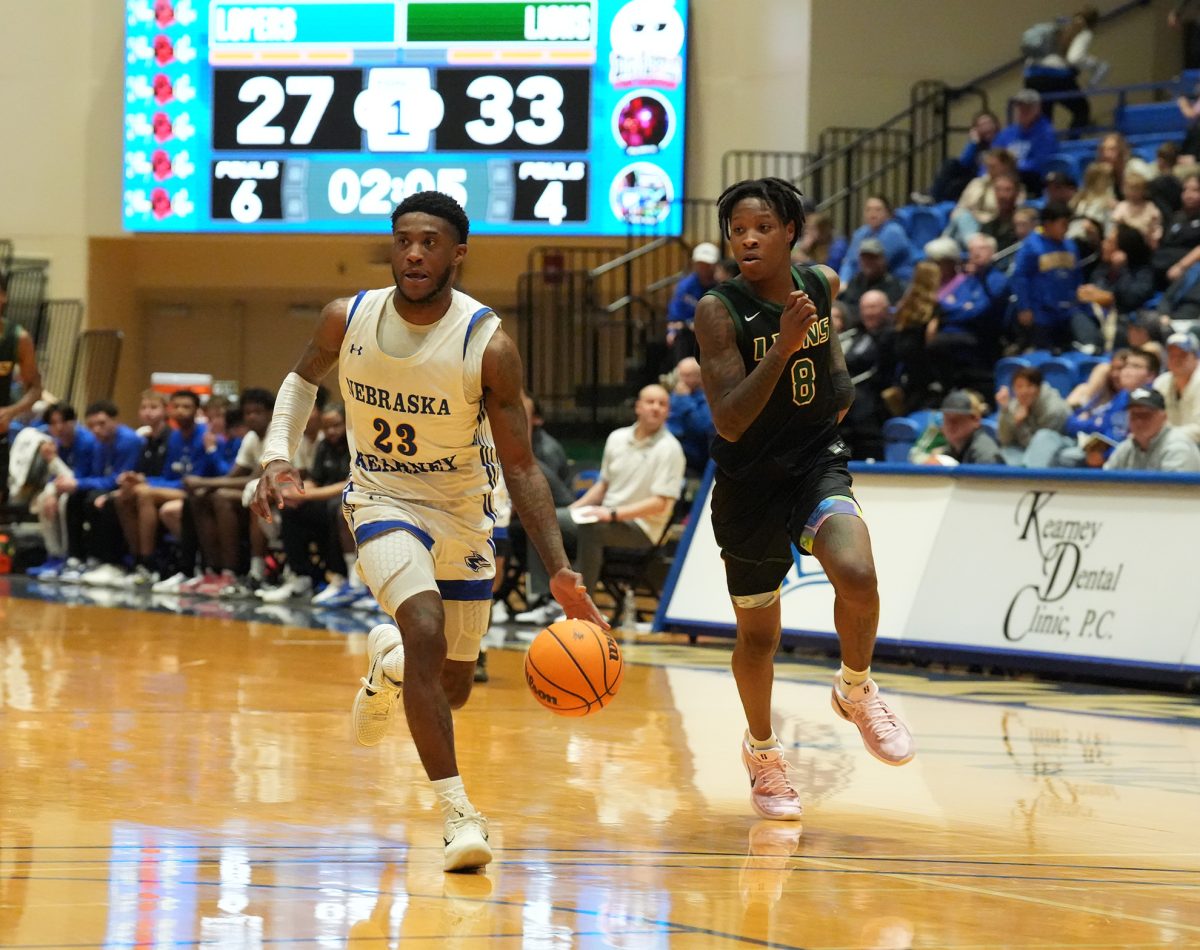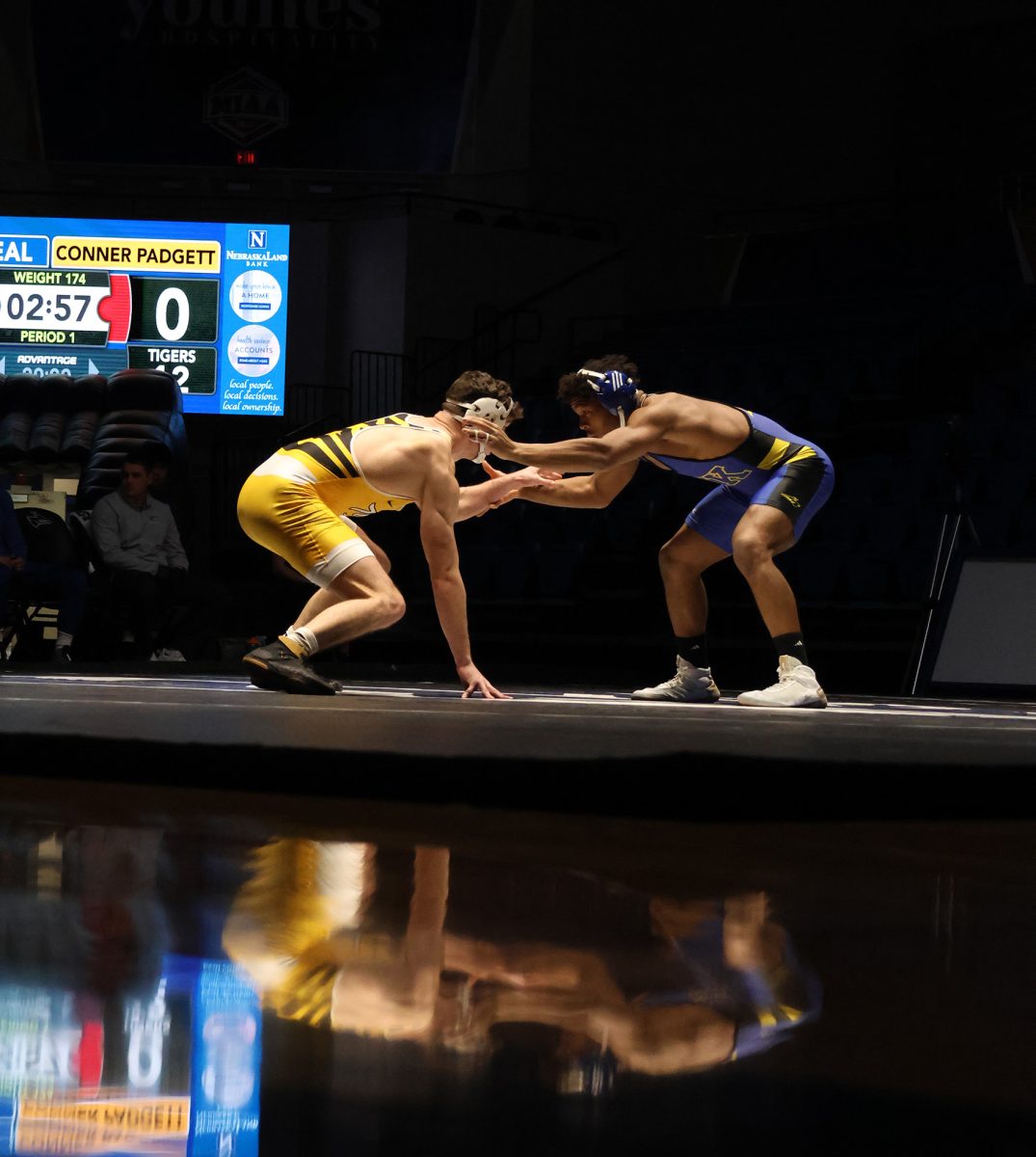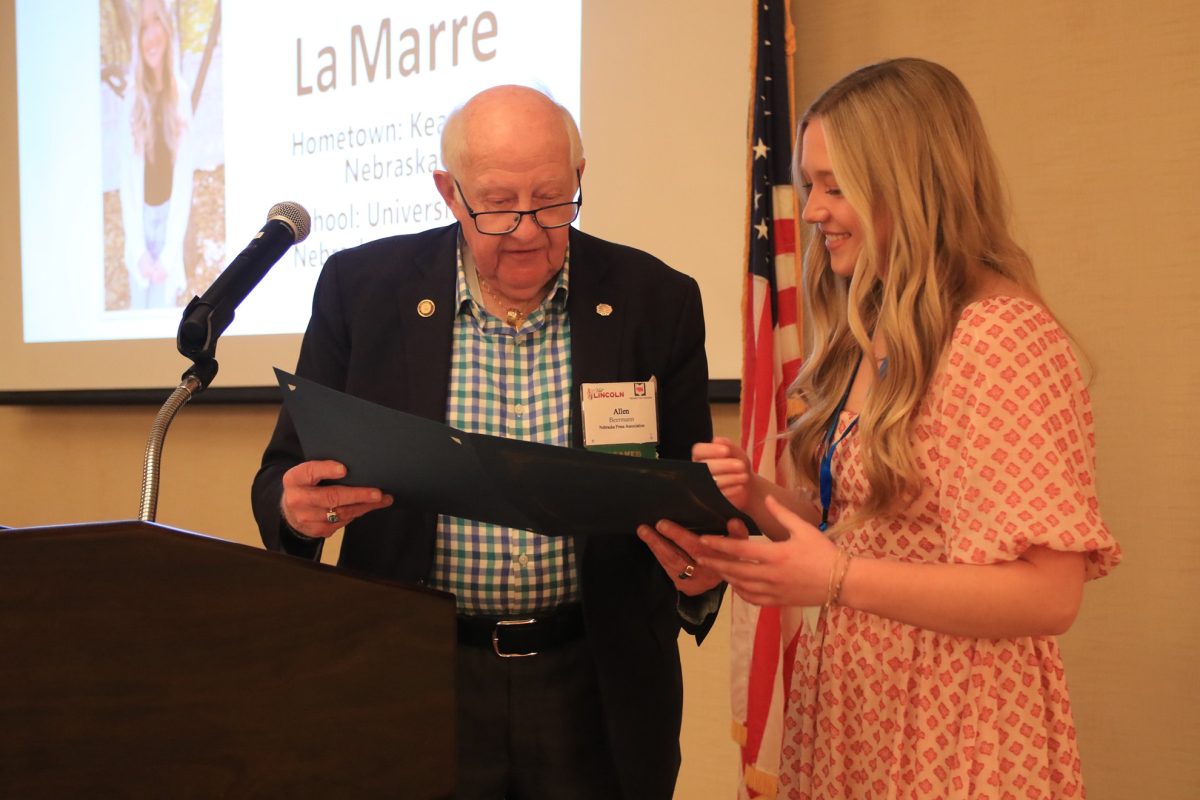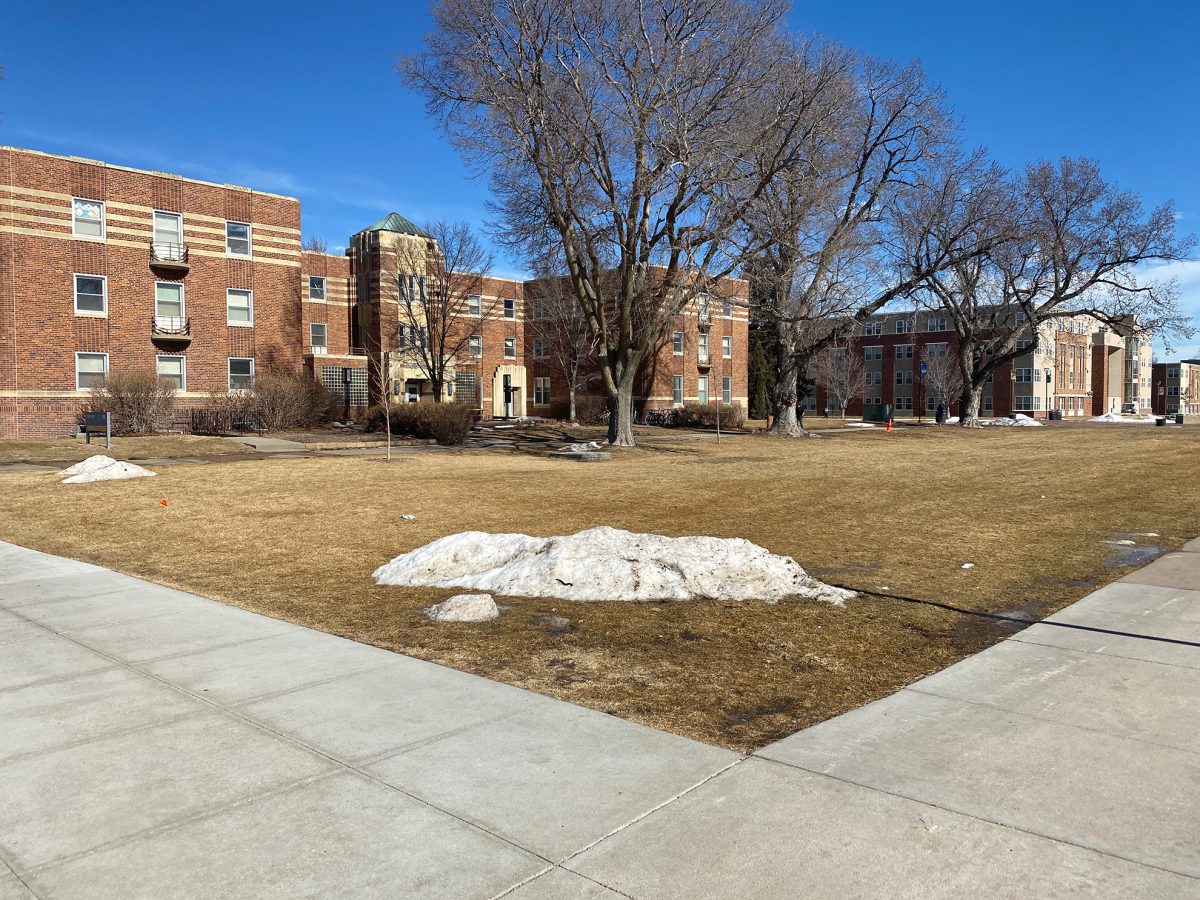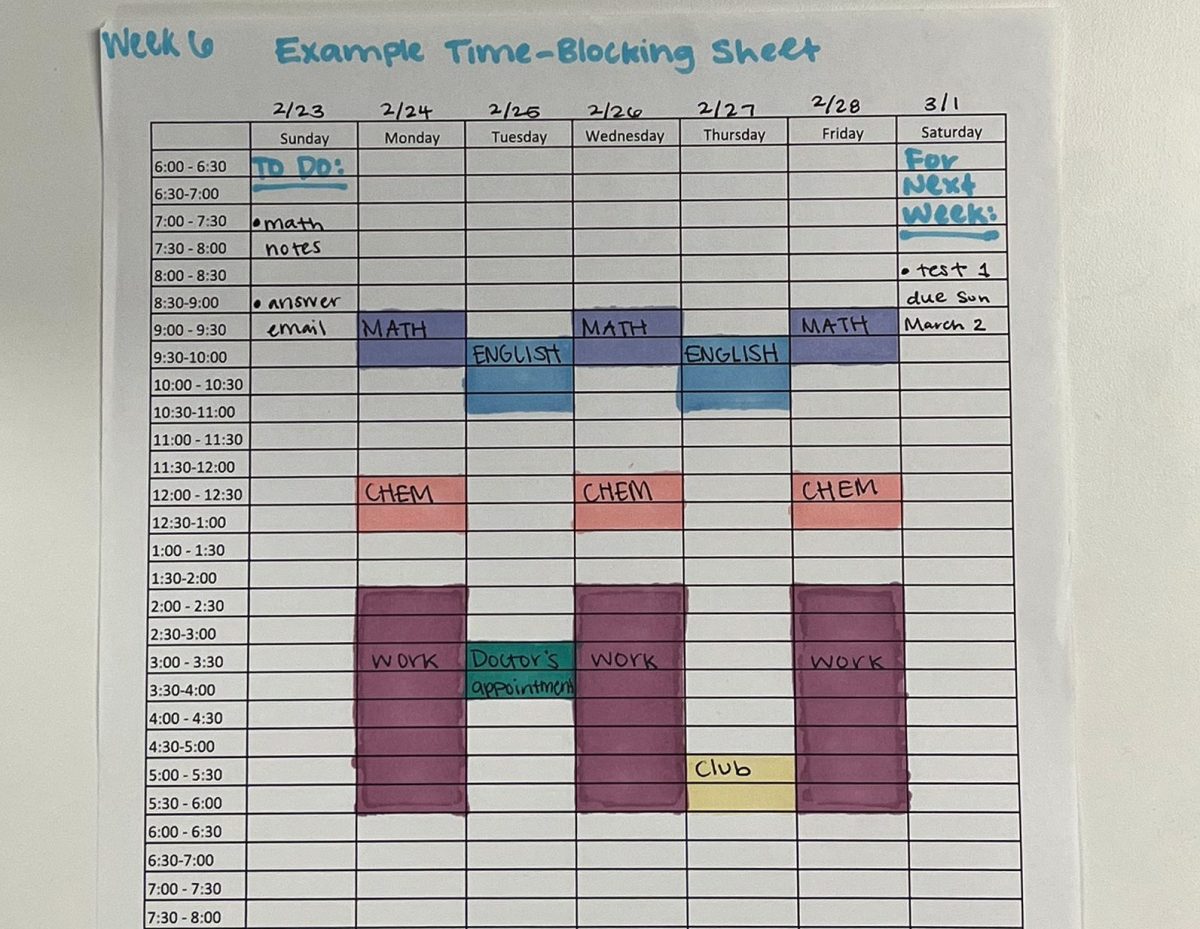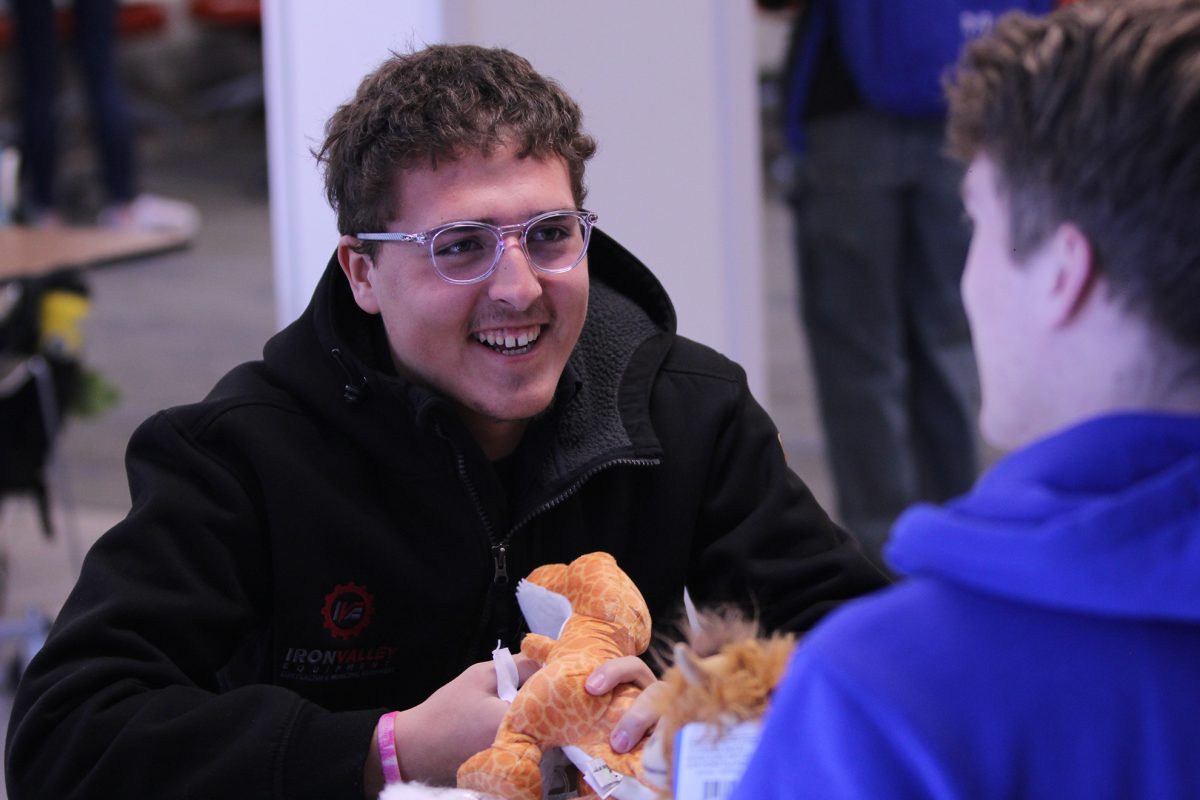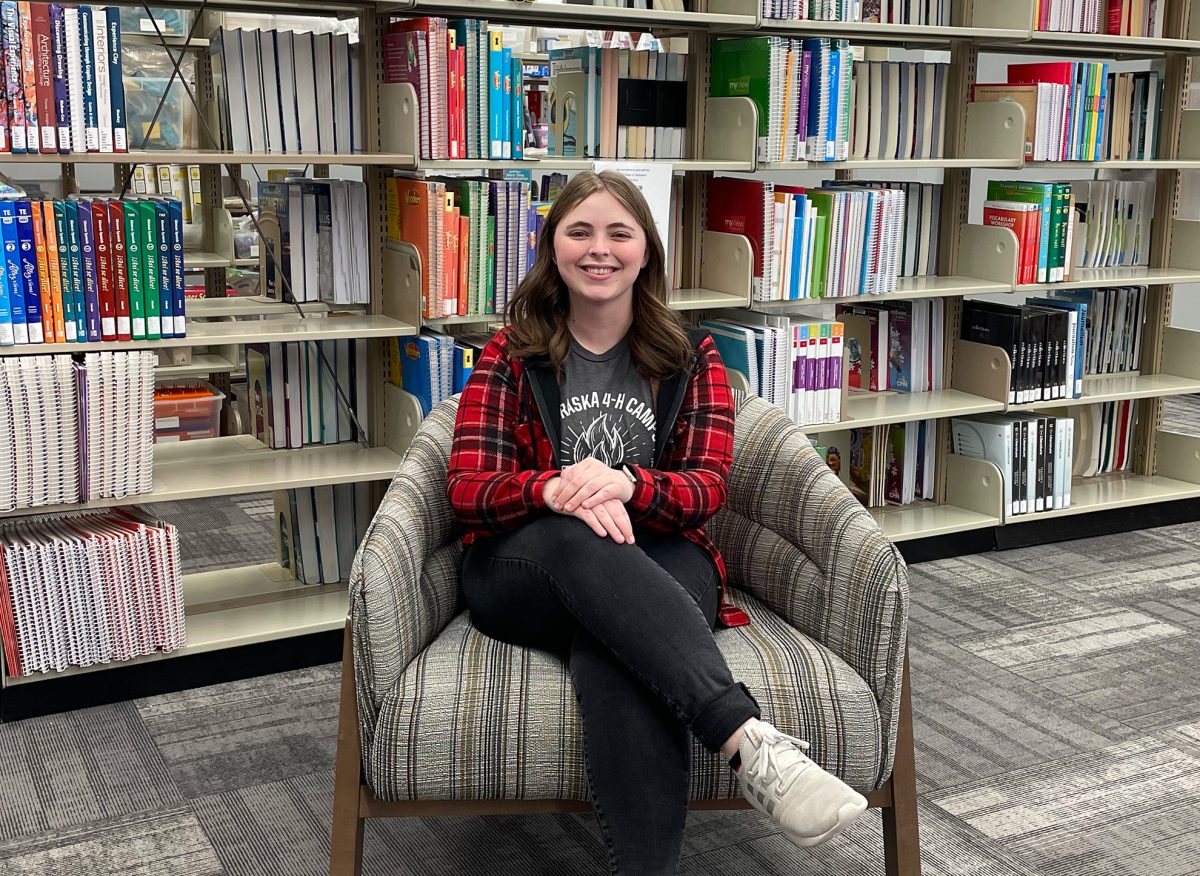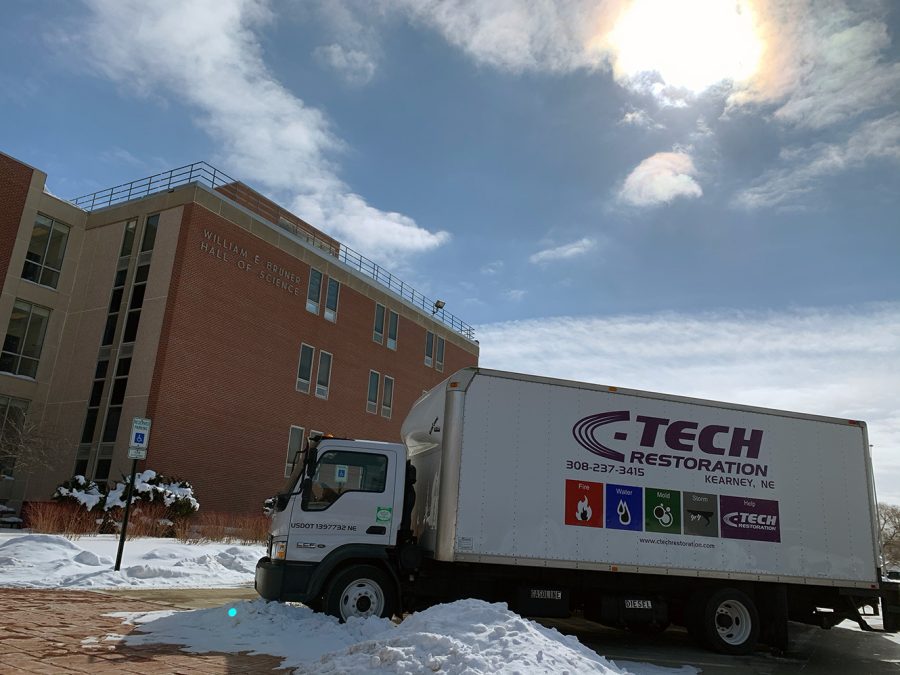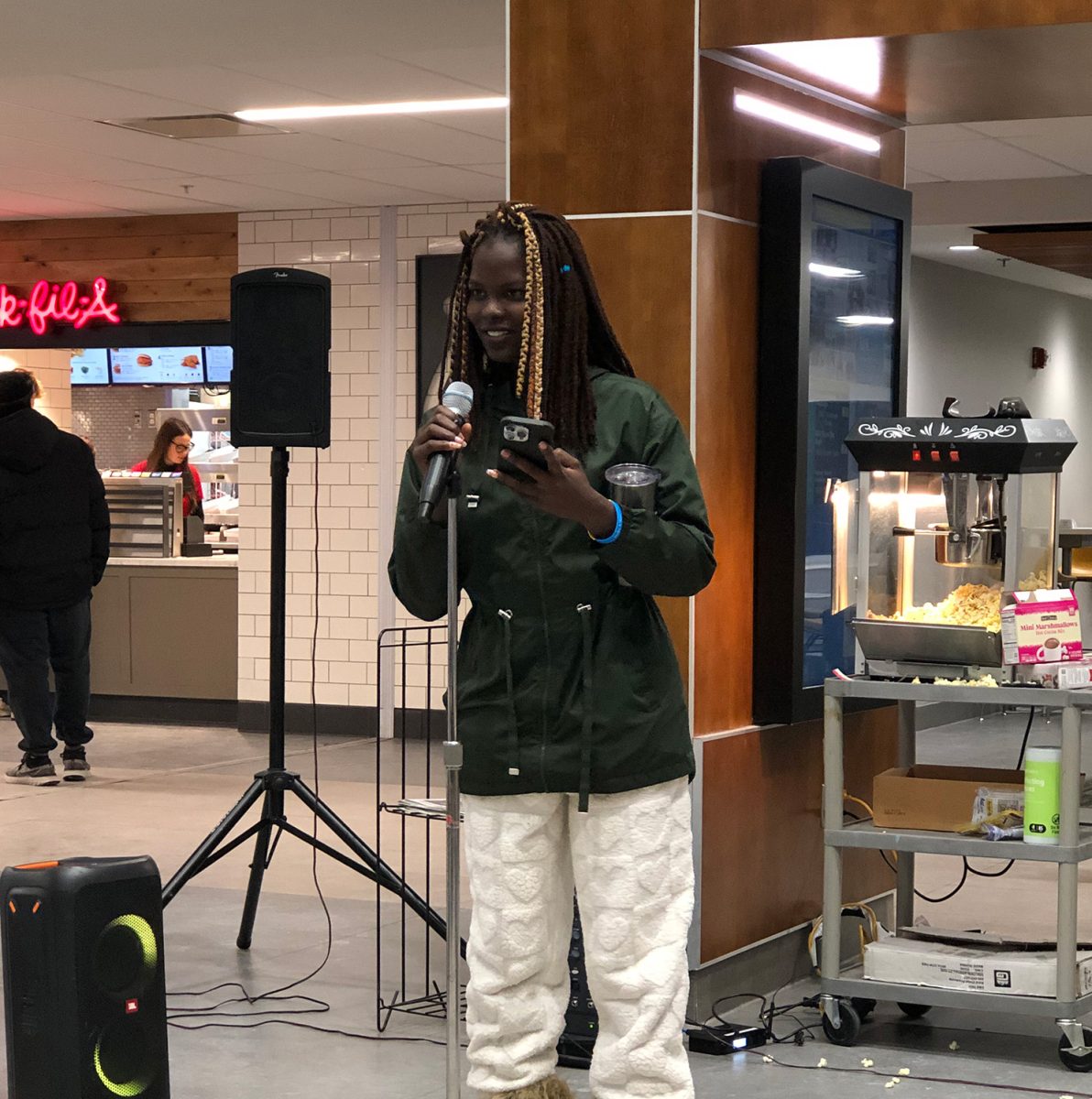marfilenoj@lopers.unk.edu
Damage is being assessed after damage was done to Bruner Hall from February’s record cold temperatures. Full restoration will take time even though March weather has been favorable to the process.
Before any evaluation could be made the wet terrain had to be dealt with. Several biology and chemistry labs were canceled to allow thorough drying, which took nearly a week and a half to accomplish.
“It is likely that the full scope to repair damages and replace equipment will not be known for several weeks,” said Michael Cremers, assistant director of facilities management and planning.
The original Bruner Hall of Science was built in 1966. Over the years, the building received many renovations and upgrades, including the enhanced labs caught in the flooding.
Insurance will cover the cost of replacement, but molecular biology equipment is not something kept readily in stock to ship. These pieces are very delicate and it will take weeks to months to arrive.
Unfortunately, the damage to these labs contained more worth than their physical components.
“Due to the specialized nature of the courses and research that occur in this building, the equipment lost is much more significant,” Cremers said.
Some science classes were more affected than others.
“In my lab, we do genetics research using drosophila melanogaster (the common fruit fly) as our model organism,” said Kimberly Carlson, a molecular biology professor. “My lab was completely flooded and the research immediately had to stop and still has not started again.”
Following the drying process, a primary concern was occupant safety. UNK and construction teams are working to ensure all mechanical, electrical and life-safety systems are fully functional before rooms are reopened.
As of March 1, several labs and classrooms have become operational. More rooms will follow within the next few weeks as additional building materials arrive for installation. Long-term repairs involving flooring and cabinetry have been scheduled over the summer when courses are not in session. Labs able to relocate have continued, others are proceeding virtually or were rescheduled to a later date.
The task to replace gathered data will not be easy for students.
“In terms of research, their projects stopped and will have to start all over,” Carlson said, “They lost months of research. It is very disheartening.”
Those affected may face scheduling issues as the semester ends.
“Under normal circumstances, we use the week before dead week to make up labs for students who missed labs for different valid reasons,” said Hector Palencia, a chemistry professor. “Now we have a scheduled lab that week, and we’ll probably run missing labs at the same time. This will be a complicated situation for everybody.”
Restoring the building to its original condition is the main focus, so coursework and research can resume. As long-term decisions are made to repair or replace equipment and building components, UNK will evaluate what opportunities exist so future classes can benefit.



